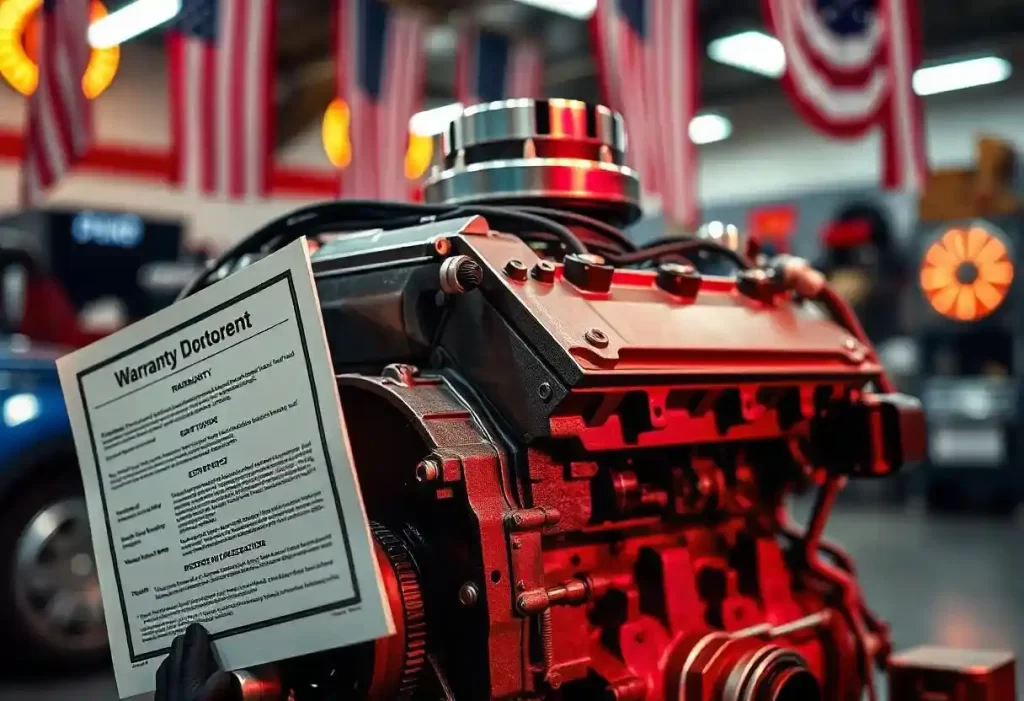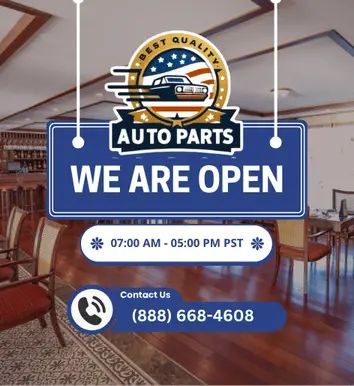When a vehicle’s engine fails, buying a used engine is often a cost-effective solution. Whether you’re looking to replace an engine in a car, truck, or SUV, the affordability of used engines makes them a popular choice for drivers and auto enthusiasts alike. But what exactly goes into the price of a used engine? Let’s dive in.
Quick Product Inquiry !

Why Choose a Used Engine?
Before we talk numbers, it’s important to know why someone might opt for a used engine over a brand new one. Buying a used engine can save you a significant amount of money while still offering a reliable solution. If you’re on a budget but need your car back on the road, it’s a great option. Plus, many used engines come with warranties, giving you peace of mind.
Factors That Affect Used Engine Prices
The cost of a used engine is influenced by various factors. The following are the main factors that affect the pricing so that you may make an informed choice:
1. Engine Age and Mileage
The age of the engine and the miles it has clocked are major price-determining factors. Typically, a newer engine with fewer miles will cost more than an older, high-mileage one. However, lower mileage doesn’t always guarantee better performance, so be sure to weigh this factor alongside others.
2. Make and Model of the Vehicle
The make and model of the car the engine was originally installed in plays a big role in determining the price. Engines for luxury vehicles or rare models may come at a premium, while more common vehicles typically have cheaper options available.
3. Condition of the Engine
Engines can be sold in various conditions—running, rebuilt, or as-is. A fully functional engine with minimal wear will obviously cost more than one that needs repairs. Rebuilt engines often come with warranties, providing extra security but also raising the price.
4. Availability and Demand
Much like any market, supply and demand affect used engine prices. Engines for popular car models are more readily available and often less expensive. On the other hand, if an engine is in high demand or hard to find, you’ll pay a premium.
5. Engine Size and Power
Engines with larger displacement or more horsepower tend to cost more. For example, a V8 engine will generally be pricier than a V6 due to its size and power output. The size and complexity of the engine directly correlate with price.

Benefits of Buying a Used Engine
When you purchase a used engine, you’re making an eco-friendly choice by recycling a functional part. Additionally, you save money compared to buying a new engine or replacing the entire car. Many used engines also come with warranties, adding to their appeal.
Advantages:
- Significant cost savings
- Environmentally friendly
- Often comes with warranties
- Reduces car replacement costs
Where to Find Quality Used Engines
There are several places you can find used engines:
- Salvage yards – These are a treasure trove for inexpensive engines.
- Online marketplaces – Many reputable websites specialize in used auto parts.
- Auto parts stores – Some stores offer both new and used engines, giving you the option to compare.
- Mechanic shops – Some mechanics sell used engines that have been tested and refurbished.

Tips for Checking Engine Condition
When buying a used engine, it’s crucial to inspect it thoroughly. Here are some essential tips:
- Check the oil for cleanliness.
- When the engine is running, pay attention to any strange noises.
- Look for leaks around seals or gaskets.
- Request a compression test to ensure the engine’s internals are in good shape.
How to Save Money When Buying a Used Engine
Here are a few ways to save money on your used engine purchase:
- Shop around – Don’t settle for the first engine you find. Compare prices from different sources.
- Negotiate – Many sellers are open to negotiating prices, especially if you’re buying in person.
- Buy local – Local purchases can save you money on shipping fees.
- Consider rebuilt engines – While slightly more expensive, rebuilt engines offer peace of mind with better warranties.
What to Avoid When Buying a Used Engine
To avoid costly mistakes, steer clear of these common pitfalls:
- No warranty – Avoid buying an engine without any kind of warranty or return policy.
- Unknown history – If the engine’s history is murky, it’s best to walk away.
- Lack of inspection – Always inspect or have a mechanic inspect the engine before buying.

Conclusion: Is Buying a Used Engine Worth It?
In most cases, buying a used engine is an excellent way to save money while getting your vehicle back on the road. As long as you do your research, check the engine’s condition, and understand the factors that affect pricing, you can find a reliable engine at an affordable price. At Best Quality Auto Parts LLC, we offer a range of high-quality used engines that meet rigorous standards, ensuring you get the best deal without compromising on performance.
Article Discovery
Featured Reads
Quick Product Inquiry !
Frequently Asked Questions
How long do used engines typically last?
With proper maintenance, a used engine can last several years, depending on its age and mileage.
Can I return a used engine if it doesn’t work?
Most sellers offer a limited warranty or return policy. Always ask about these terms before purchasing.
Are used engines safe to install in my car?
Yes, as long as the engine is thoroughly inspected and tested before installation.
How much can I save by buying a used engine?
Buying a used engine can save you anywhere from 30% to 50% compared to a new engine.
What’s the best place to buy a used engine?
The best place depends on your needs, but reputable online marketplaces, salvage yards, and auto parts stores are good places to start.





